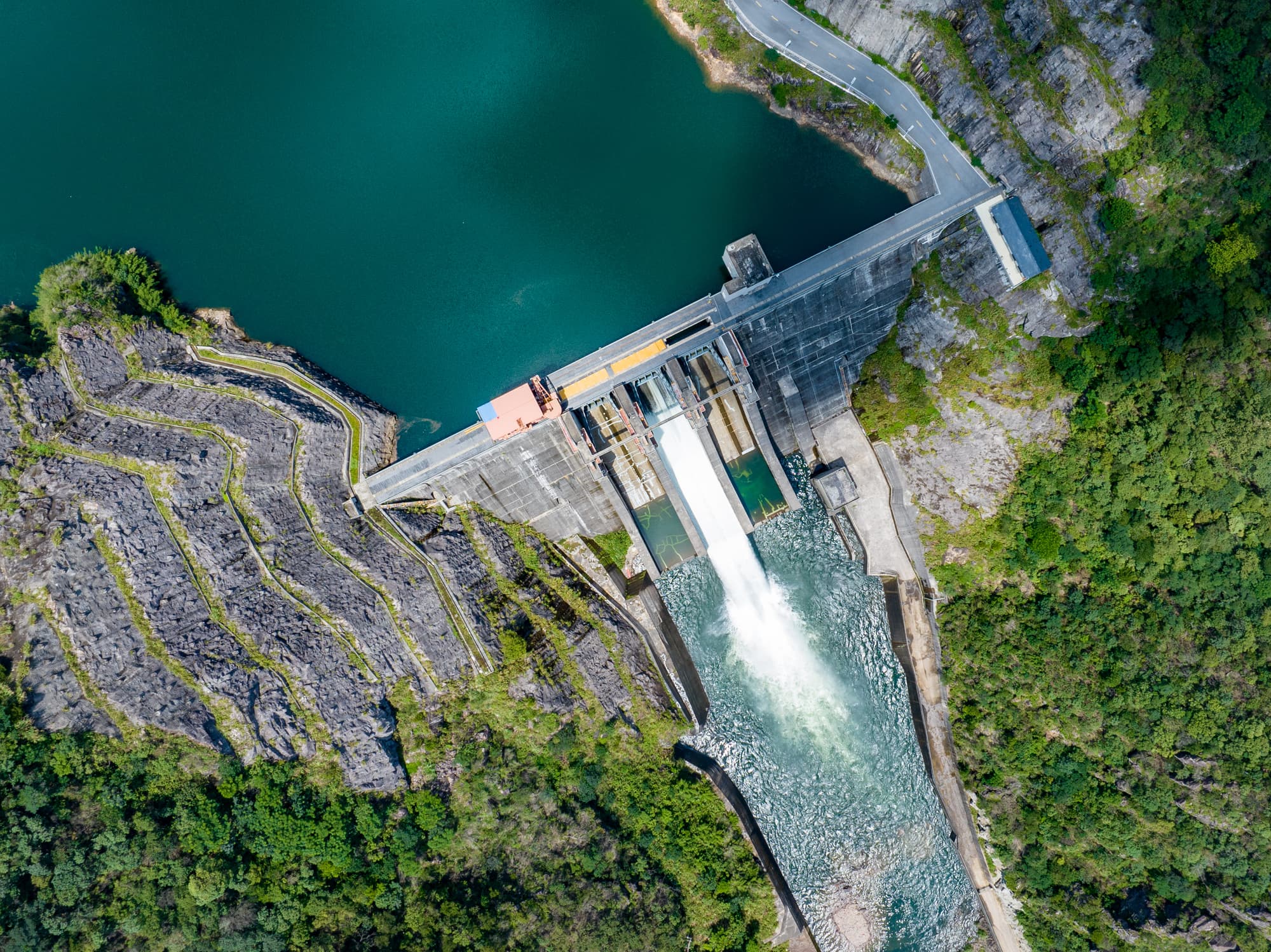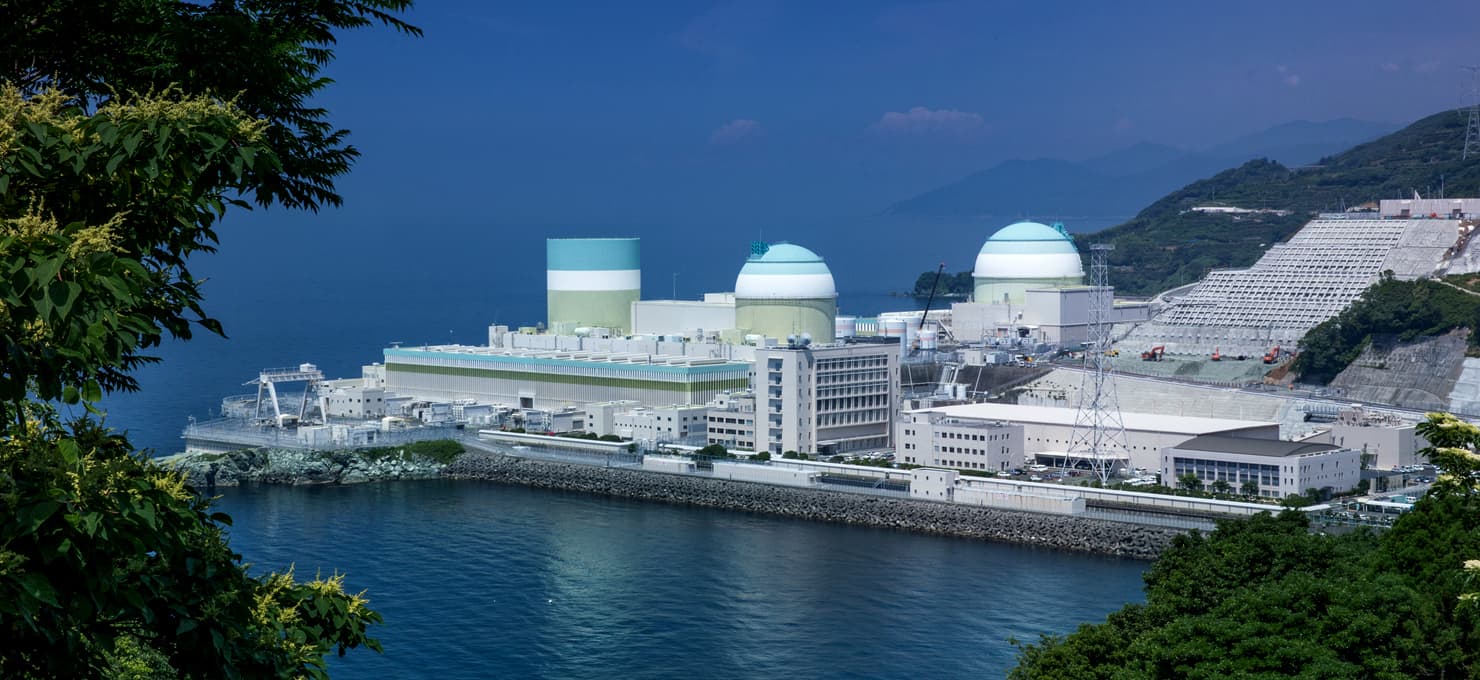News
Discover the latest news from Volue. Here you will find press releases, commentary and articles about our organisation, products, and solutions.

Filter by product line

Energy Trading Software
Volue PowerBot expands reach with connection to the Hellenic Energy Exchange S.A.

Energy Market Data & Forecasts






